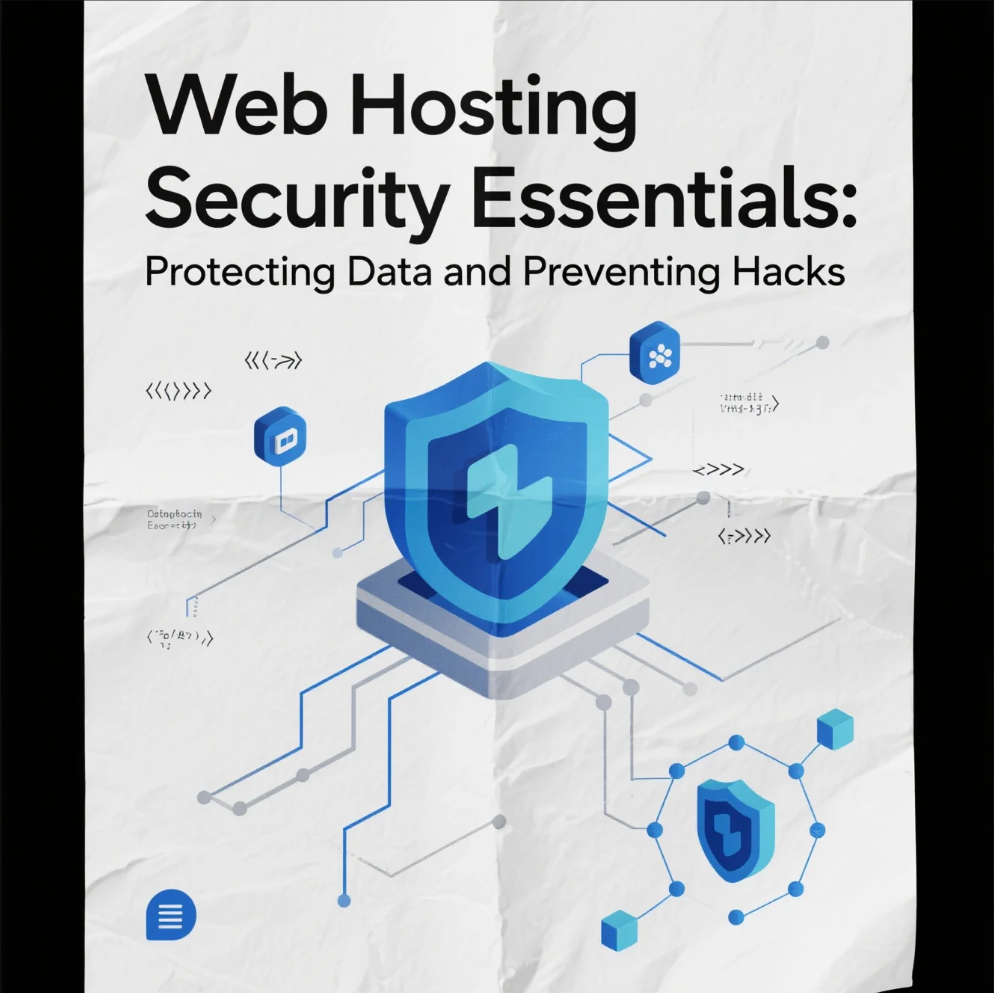
In today’s digital world, website security is more critical than ever. A single vulnerability can lead to data breaches, downtime, and loss of customer trust. Understanding web hosting security essentials is crucial for protecting your site, your data, and your users.
1. Choose a Secure Hosting Provider
Not all hosting providers offer the same level of security. Look for features like SSL certificates, firewalls, malware scanning, and DDoS protection. A reliable host actively updates its systems to protect against threats.
2. Keep Software and Plugins Updated
Outdated software is one of the most common causes of security breaches. Regularly update CMS platforms, plugins, themes, and server software to patch vulnerabilities.
3. Strong Authentication Practices
Weak passwords can compromise even the most secure servers. Use strong, unique passwords, enable two-factor authentication (2FA), and limit administrative access to trusted users.
4. Regular Backups
Data loss can happen even with the best security measures. Schedule automated backups and store them in secure locations. This ensures you can quickly restore your website after a cyberattack or server failure.
5. Monitor and Scan for Threats
Proactive monitoring is essential. Use security plugins, intrusion detection systems, and regular vulnerability scans to identify and mitigate risks before they escalate.
6. Educate Your Team
Human error is a major security risk. Train your team on phishing, social engineering, and safe file-handling practices to minimize potential breaches.
Final Thoughts
Web hosting security is an ongoing responsibility. By choosing a secure host, updating software, enforcing strong authentication, backing up data, monitoring threats, and educating your team, you can significantly reduce the risk of hacks and protect your digital assets.
Recommend:



